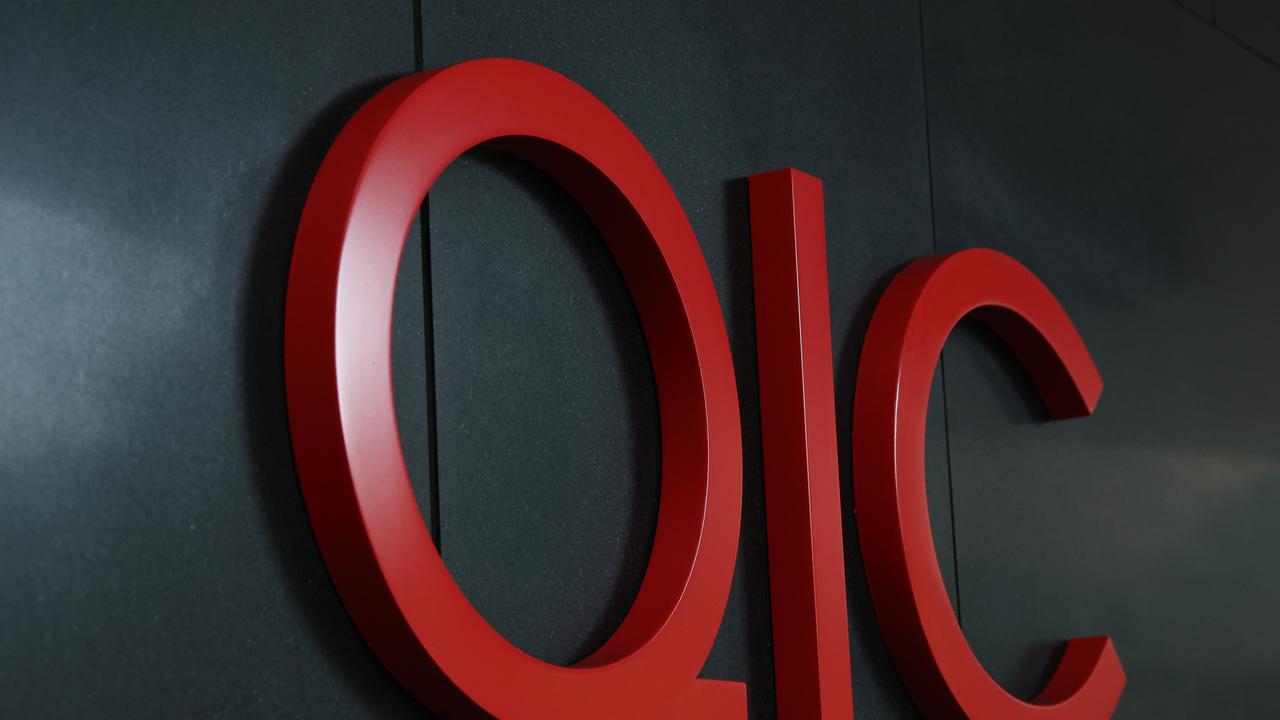Rex, Virgin, Qatar: Time for the government to let the right airlines deal get done
Could Rex’s failure provide Qatar Airways another chance to expand in Australia? Buying a stake in Virgin would free up the airline to take over the regional carrier and protect jobs.
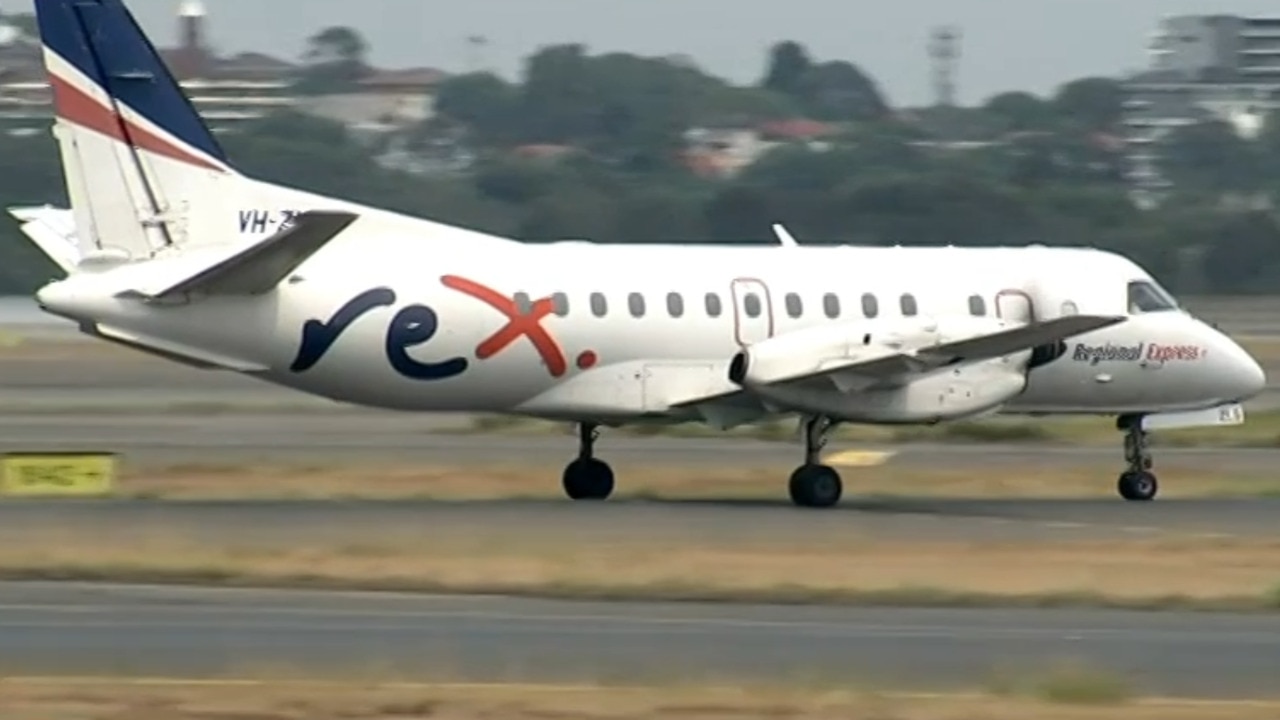
Business
Don't miss out on the headlines from Business. Followed categories will be added to My News.
Anthony Albanese has a decision to make.
As 610 workers across the businesses of Rex brace to lose their jobs at the failed regional airline, there is a simple solution if the Australian government can bear to stop propping up the nation’s biggest and most profitable airline, Qantas.
The Albanese government could clear the way for Qatar Airways to buy a stake in Virgin, thus giving the Brisbane-based airline the capital to then buy Rex and save both soon-to-be lost jobs and the flying network of regional Australians.
Right now, the focus is on whose fault it is that Rex has failed.
Is it the monopoly-powered airports that don’t give it enough slots? Is it Qantas, which undercuts it on price on regional routes? Or Virgin, which slashed fares on Perth routes to compete with Rex in a race for the middle market? No, no and no.
The reality is Rex is the architect of its own demise.
Lim Kim Hai, the Singaporean businessman who ran Rex as executive chairman until June this year displayed remarkable hubris (even in the context of airline bosses) by assuming Rex would become the No.2 carrier when Virgin failed during the pandemic.
Pitch documents produced at that time and obtained by The Australian show Mr Lim believed Rex would have unfettered access to become the second biggest airline with a “37 per cent market share” and even EBAs “pegged at 10 per cent below Jetstar”.
It wasn’t the first time Mr Lim’s exuberant optimism had come to the fore. The Australian understands he had previously tried to sell Rex to Qantas 16 years ago – with Qantas quickly deciding the competition regulator wouldn’t approve the deal; and then tried to sell the airline to Virgin just a couple of years later, threatening to play the airlines off against one another. It failed.
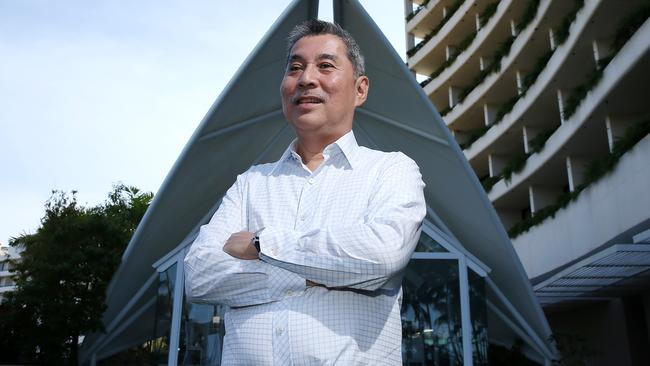
Then, when Virgin collapsed in 2020, Mr Lim managed to snare a big chunk of the federal government’s $100m Regional Airlines Funding Assistance and instead of reinvesting in its circa 30-year old Saab regional fleet it grabbed three 737s from Virgin’s administrator.
It used those aircraft to launch itself on the “golden triangle” routes of Sydney, Melbourne and Brisbane – considered among the most profitable in the world – with accompanying claims of how it would come to dominate.
It was a bad bet.
Virgin rose from the ashes, and suddenly Rex was competing against Qantas, Jetstar and Virgin; and doing it without a frequent flyer program, without their frequencies, without the hefty state government subsidies it receives for flying regional routes, without a price or quality differential, with an old fleet of aircraft, and with a flawed strategy to offer scones and schnitzels “like at the RSL”.
The end result is that the airline is now in the hands of administrators and only its regional network remains in the air.
Very soon the focus will need to shift to what should happen to the remaining operations.
The Albanese government should not give the airline another significant cash injection.
Indeed it has said it’s “reluctant to throw money at the problem”.
Instead, the Prime Minister should let market forces do their work and allow a Qatar/Virgin tie-up to proceed, which would then give Virgin enough money to absorb Rex.
Virgin chief executive Jayne Hrdlicka said she would not comment on market speculation and it appears unlikely she has made an approach to the government about Qatar. Yet.
Virgin is instead focused on the short-term problems: helping booked Rex passengers get to their destinations, offering jobs to Rex staff and, in the longer term, discussing with the administrators the option of Rex passengers earning Velocity points when flying on the airline’s still operational regional routes.
“The most important thing here is to focus on restructuring Rex’s regional business so that it can be a successful long term, and back the regional communities infrastructure,” Ms Hrdlicka told The Australian. “We are going to do everything we can to support them and make sure they have got access to the breadth and depth of our network and our scale.”
Ms Hrdlicka said 24,000 forms have already been completed by Rex passengers since last night to rebook for no charge on Virgin, and her airline has put on an extra 220 agents to man the phones for Rex passengers with questions or needing to rebook earlier flights.
The outgoing Virgin boss wasn’t interested in discussing whether the airline would buy parts of Rex, and to be sure it wouldn’t have been top or possibly even part of its agenda until the regional airline’s failure.
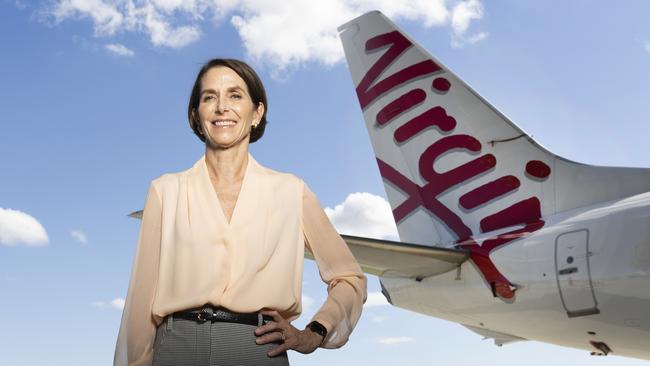
But things change and the collapse provides an opportunity for Virgin’s private equity owner Bain Capital – which had hoped to reduce its shareholding in the airline this year through a now-stalled float on the stock exchange – to cut its stake and give potential retail investors a more clear valuation on the airline.
In an ironic twist, Virgin is buying three Boeing 737s from the Rex administrator, two of which are the exact same aircraft Rex purchased from the Virgin administrator back in 2020.
EY administrator Sam Freeman told Sky News load factors on the 737 routes, as well as supply chain issues, contributed to Rex’s demise.
Ms Hrdlicka confirmed that “affordability” in the face of sustained high interest rates was having an impact on demand.
“Affordability is a challenge with respect to the number of trips that people take … It is a slightly softer market,” Ms Hrdlicka said. “The underlying growth in consumer demand is not what it has been.”
So if a deal was to proceed with Qatar, how would it work? Most likely Ms Hrdlicka or the Bain-dominated board would need to discuss with the government Qatar taking a stake of below 20 per cent.
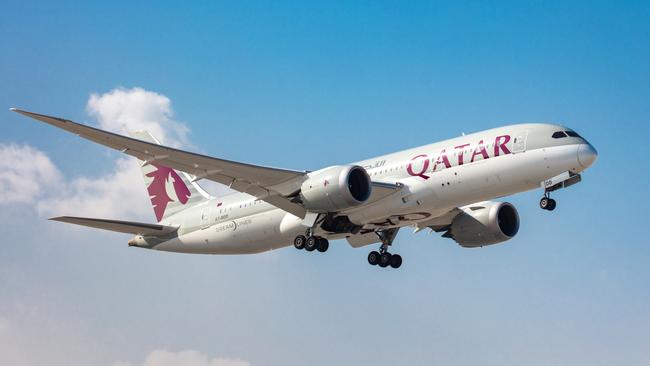
It’s unlikely Qatar would take this step themselves after being badly burned by the Australian government last year when its application to add additional services to this country was knocked back without a consistent rationale.
Qatar Airways found out about the rejection by reading it in the Australian press and a Senate inquiry tried to have questions answered by the government about whether there was undue influence by Qantas – which would not welcome increased competition from the world’s best airline – behind the decision.
It came around the same time that the Alan Joyce-led Qantas supported the Albanese government’s pitch for Australians to vote “yes” to an Indigenous voice to parliament and when the PM’s son was discovered to be enjoying the exclusive Qantas Chairman’s Lounge.
Now Qantas is run by Vanessa Hudson, and while she is likely to have learned from the mistakes of her predecessor about undue influence, there is no way any well-run airline would welcome the potential arrival of a fierce, and in the case of Qatar, lower-cost base competitor.
More Coverage
Originally published as Rex, Virgin, Qatar: Time for the government to let the right airlines deal get done





